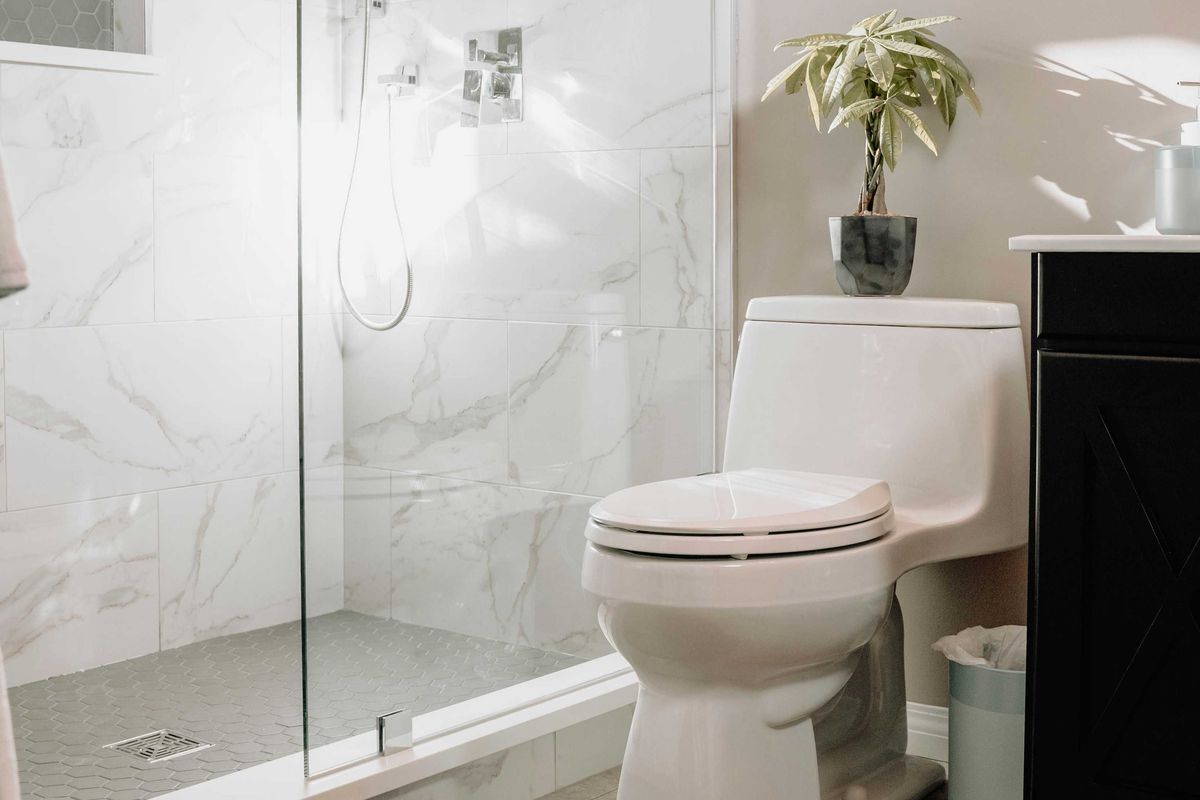How ABC's 'Speechless' is changing attitudes about disability.
'Speechless' matters because inclusivity on TV promotes inclusivity in life.
Over six decades ago, a disabled character starred on a TV show for the very first time.
She was a woman and a wheelchair-using attorney, and she starred in "Martinsville, U.S.A." The program, a 15-minute soap opera, featured actress Susan Peters. In the storyline, she had moved back to her hometown of Martinsville, Ohio, to begin her own law practice.
Use of the wheelchair — unlike later instances, like Robert T. Ironside (a former cop who became a consultant for the San Francisco Police Department after being paralyzed from the waist down after getting shot in the line of duty) — wasn’t simply a plot device. Peters, who was paralyzed due to a hunting accident just a few years earlier, used a wheelchair both onscreen and off.
"Miss Susan," the show’s original title, was one of several planned soap operas in the early days of television that aspired to "spread sweetness and light and an optimistic philosophy" while shying away from the more “over-the-top storylines” that dominated radio waves in 1951.
Fast forward 65 years, and we get "Speechless" — a new sitcom from ABC.
Photo via ABC/Bob D'Amico.
In "Speechless," which premiered on Sept. 21, 2016, the first thing disabled teenager JJ DiMeo (played by legitimately disabled actor 18-year-old Micah Fowler) does is flip the bird at two slackers — cerebral palsy style, amplified by using four fingers instead of one. Call it a comedic accommodation, but the message is funny, unexpected, and crystal clear.
My, how things have changed.
In the show, Fowler stars as a nonverbal teen in a family of five. But that doesn’t mean the character has nothing to say.
Most of the talk around the show has been positive, especially from the disability community.
According to Stephanie Hydal, who co-organized a premier event at the Westside Center for Independent Living in Mar Vista, "Speechless" did what it needed to do with its first episode.
“'Speechless' introduced audiences to major concepts rooted in the disability experience: inspiration porn, parental roles in advocacy, the role of support providers, and the importance of disability advocacy and self-direction,” said Hydal, who noted that viewers in attendance were impressed by how the show humorously highlighted the difference between compliance and accessibility, which she says is a new concept for most people.
By the end of their screening, Hydal says she witnessed budding non-disabled allies engaging with disability stories told by disabled people, and it felt like an important and rare occurrence.
Social issues aside, and perhaps most importantly, "Speechless" is also genuinely funny.
For a comedy show, “Is it funny?” should be first priority, and "Speechless" really is. Not in a mocking, stereotypical way, but in a way that draws from real life, resonates, and invites people in.
The real life approaches used in "Speechless" are perhaps nowhere more apparent than in the ways JJ communicates. "Speechless" creator and "Friends" alum Scott Silveri based JJ’s communication technique on the method developed and used by Eva Sweeney, who has cerebral palsy herself.
Photo via ABC/Tony Rivetti.
Early on, Silveri met with Sweeney to discuss the concept for the show. When he saw Sweeney and her aide communicating with a letter board and laser pointer, he immediately changed the script to insert a human aide in the story, rather than computer-voiced communications, opening up additional avenues for storylines.
Now a paid consultant for the show, Sweeney reads every script “to make sure nothing is completely off or offensive about having CP” and to make sure that the show accurately depicts what being nonverbal is like.
“This doesn’t necessarily make the show better,” wrote Sweeney via email. “But it offers a different and new perspective into how people with disabilities can communicate.”
Plus, the creators brought in actors who actually live with disabilities daily.
Maysoon Zayid, a comedian and actress with cerebral palsy, said "Speechless" is noticeably different when it comes to casting methods: “I love that it makes non-disabled actors playing disabled characters look clownish and offensive.”
Zayid, whose popular TED Talk currently totals over 7 million views, suggested another reason for the show’s success: its authenticity.
“Overbearing moms are definitely REAL for a lot of us," she said. "Being broke is very real too. Disability is not cheap. I love how from the opening scene, JJ shows that nonverbal isn’t the same as infantile. 'Speechless' also champions the inclusion of disabled and non-disabled students together in school which in my case, was life changing.”
"Speechless" matters because inclusivity on TV promotes inclusivity in life too.
“For once, it is nice to see something happening on camera that I have experienced in my own life,” said Dominick Evans, a trans disabled film director and creator of the popular #FilmDis weekly Twitter chat on entertainment and media issues.
Photo via ABC/Tony Rivetti.
Where should the show go next? Evans said he’d “like to see JJ’s mom [hilariously played by Minnie Driver] move from Mama Bear protector mode into teaching JJ how to be a great self advocate, and 'Speechless' has the potential to do just that... It can do a lot of good by showing the world disabled teens are just as capable of being annoying buttheads as any other teen out there.”
Or, as Zayid put it, “I'd really love to see JJ date.”
When its stacked up against where we’ve been, ABC’s "Speechless" lands solidly in the “win” column.
Thankfully, audiences seem to agree. The series premiered to universally positive reviews and solid opening ratings (2.0, 7.3 million in Live+same day). It held up so well, in fact, that the network just announced a rare early full-season order just a week-and-a-half into the season.
But don't think we're all the way there just yet. When it comes to bringing more authentic disabled talent to the screen, a lot more work needs to be done.
A recent study published by the Ruderman Family Foundation reports that less than 1% of TV characters have disabilities — and 95% of those roles are played by actors without disabilities. Even fewer disabled people have established careers as writers, producers, or directors, despite census data that suggests over 56 million, or roughly 1 in 5, Americans are disabled, within every demographic — rich, poor, gay, straight, female, male, trans, person of color, or white as newly fallen snow.
In 2016, disability is a cultural and political identity, a diverse community, and entire libraries of compelling, outside-the-box stories that, by and large, haven’t been widely told — yet.
Hollywood take note: Whether it is creative input, audience cultivation, or hiring practices, the disability community — however one defines or understands it — can no longer be ignored.
Photo via ABC/Richard Cartwright.
If your ideas about disability are stuck in 1951 and you get it wrong, disability advocates, artists, and influencers are going to call you out.
Get it right and you might just have a hit television show like "Speechless."



 In a 4-day model, kids often (but not always) receive less instructional time. Photo by
In a 4-day model, kids often (but not always) receive less instructional time. Photo by 
 Xennial woman with her Boomer
Xennial woman with her Boomer  A Xennial son spends time with his Baby Boomer parent.
A Xennial son spends time with his Baby Boomer parent. A Xennial son goofs around with his Baby Boomer dad.
A Xennial son goofs around with his Baby Boomer dad.

 A modern bathroom. Photo by
A modern bathroom. Photo by 
 Kendrick Constant photoshops himself into a group photo. Photo Credit: Kendrick Constant
Kendrick Constant photoshops himself into a group photo. Photo Credit: Kendrick Constant Kendrick Constant has dinner with his friend Beck.Photo Credit: Kendrick Constant
Kendrick Constant has dinner with his friend Beck.Photo Credit: Kendrick Constant